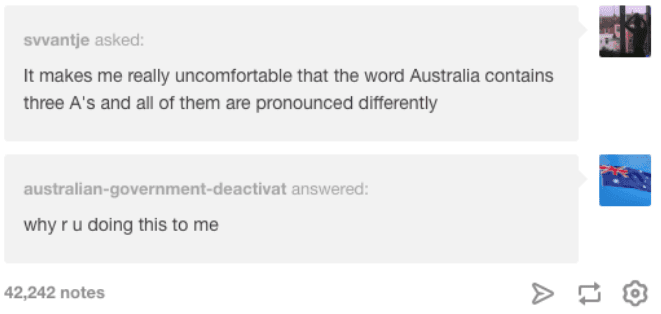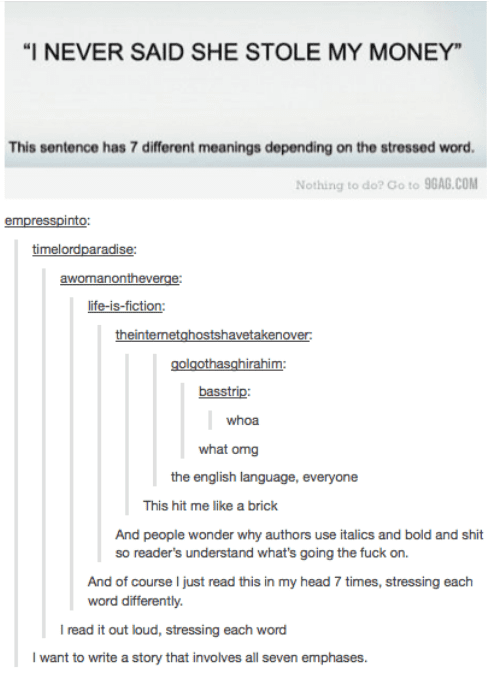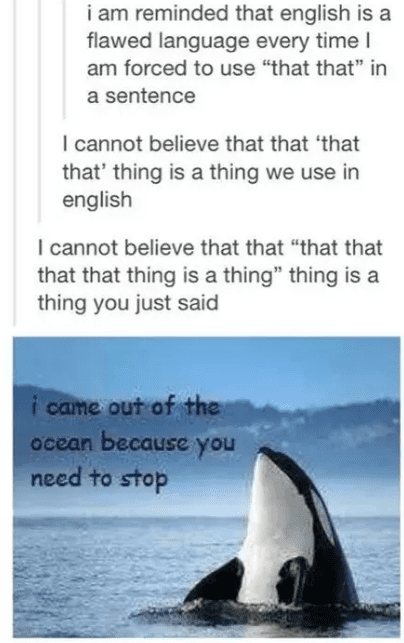FYI, my pronouns are she/her/hers.
When I was a kid, grammar was a big deal. Diagramming sentences… when to use singular and plural…
Sometimes I honestly feel like I am the ONLY person who uses “so-and-so and I” correctly.
And yet, as kids, it felt very natural to use “they” when talking about a person without specifying their gender.
We all did it in the 90s, until it was “corrected” out of us by the grammar police.
Turns out, the kids were all right. We were right.
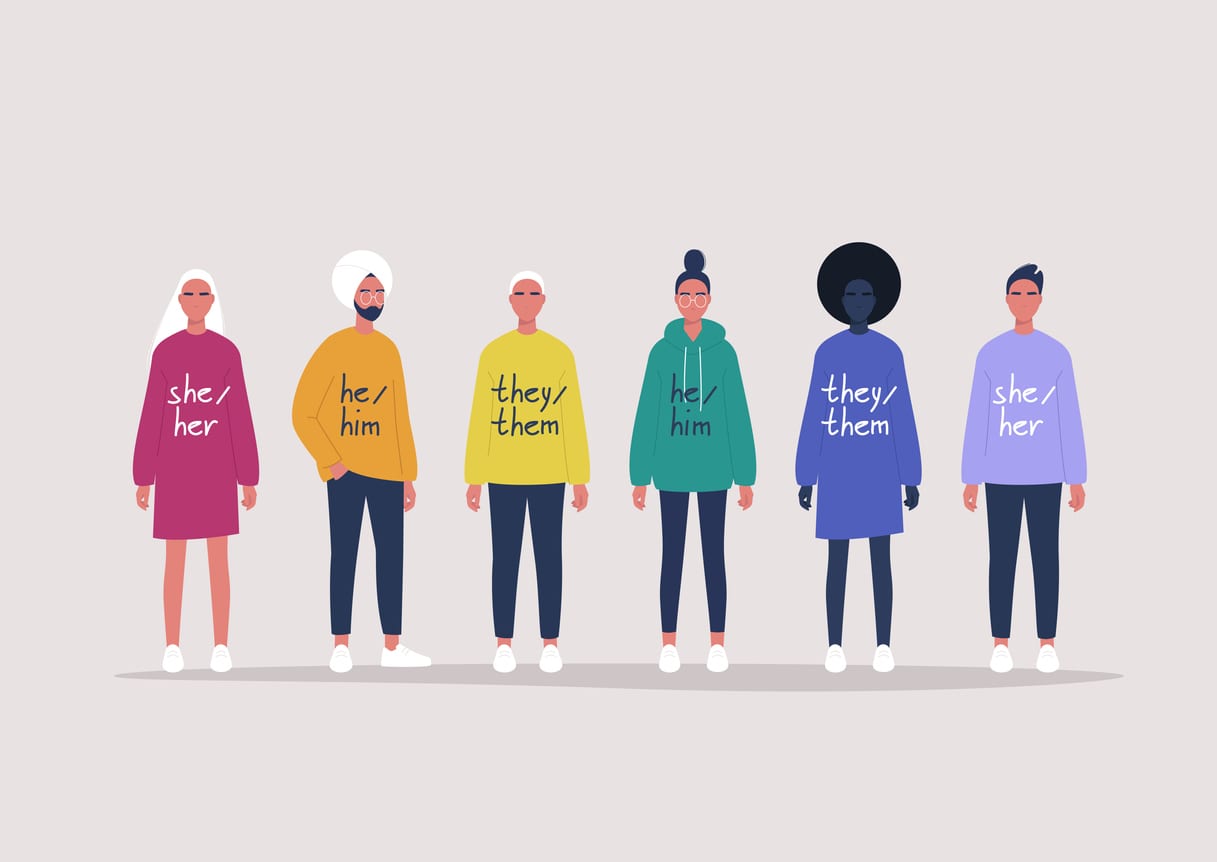
Image credit: @nadia_bormotova iStock
It can feel confusing sometimes to read “they” in a singular context.
But if the human brain is good at anything, it’s reprogramming itself.
As Lifehacker explains:
We are taught from the moment we start speaking English that the word they is meant solely to describe a plural distinction.
Nonsense.
The oldest written example of the singular they emerged in the 14th century, when it was used in the medieval romance William and the Werewolf.
There’s no telling why they did it back then.
Maybe they weren’t such sticklers for grammatical rules as we are now–they were making up the language as they went along, after all.
Or perhaps they recognized that the generic “he” was discriminatory towards women.
Either way, if you’re a woman who has ever felt annoyed by the generic “he,” then you should probably consider getting on board the “they” train because it’s easier to say and more inclusive than “he or she.”
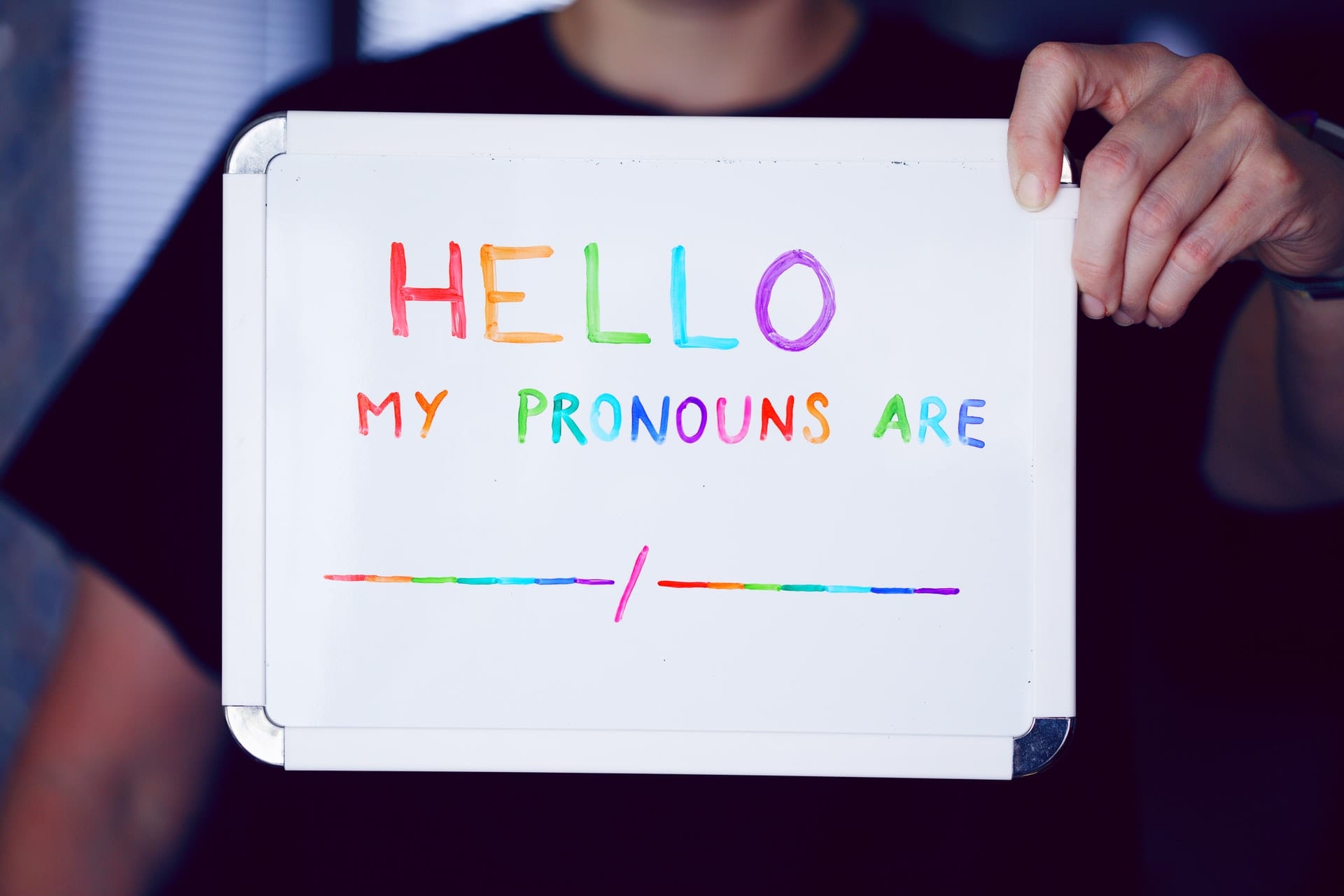
Image credit: Sharon McCutcheon via Unsplash
It might feel like a new concept, but it’s not.
Just like no one had to teach us to do it when we were kids, delving into the literary canon will find ample examples of writers utilizing the singular they and their.
The Oxford English Dictionary wrote a history of this type of usage, and 5 years ago The Guardian published an article detailing specific historical examples:
Geoffrey Chaucer in 1395, who wrote in The Pardoner’s Tale: “And whoso fyndeth hym out of swich blame, They wol come up…” Shakespeare followed in 1594, in The Comedy of Errors: “There’s not a man I meet but doth salute me/As if I were their well-acquainted friend”.
It took a few centuries for they to pop up in reference to women: Jane Austen uses they in the singular 75 times in Pride and Prejudice (1813) and as Rosalind muses in 1848’s Vanity Fair: “A person can’t help their birth.”
Pride and Prejudice is one of my all-time favorite novels, so I was delighted, but not surprised, to see that Jane Austen employed the singular they.
The fact that it fit so seamlessly into her sentences that I didn’t even notice is further proof that stodgy grammarians shouldn’t hold the modern world back from employing the more inclusive pronouns.
Some examples from Pride and Prejudice, thanks to Pemberley.com include:
“But to expose the former faults of any person, without knowing what their present feelings were, seemed unjustifiable.”
And also:
“I think every thing has passed off uncommonly well, I assure you. … The venison was roasted to a turn — and everybody said they never saw so fat a haunch.”
If you need a reminder, one thing I remember very clearly from 8th grade English class is that “Each, either, neither, all the ones, and all the bodies are singular.”
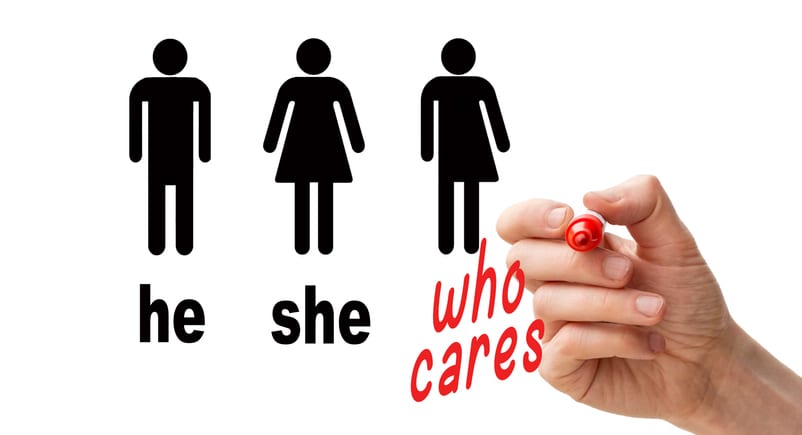
Image credit: @Erik_V via iStock
Now, more than perhaps any time in history, people are waking up to the need for decolonizing language and making it more inclusive.
And that’s okay. All you have to do is take an introductory college course in English literature to realize that language is constantly evolving.
We don’t use the character thorn ( þ ) any more, and for certeyn (certain) we don’t spell words however we want to most of the time (I’m looking at you, Chaucer).
But still, language necessarily evolves, because if you don’t change, you die.
After all, they added Klingon to the dictionary. So I think we can allow a singular they.
Because if it makes someone feel more truly represented and seen, then it’s totally worth the effort.
What do you think? Does it come naturally to you, or does it take some practice? Share your thoughts in the comments.
The post The Singular ‘They’ Has Been Around for Centuries appeared first on UberFacts.


 BLOCKED
BLOCKED
 #grammar #whovswhom #grammarnerd
#grammar #whovswhom #grammarnerd



 . #grammarpolice
. #grammarpolice





